CALM Kickoff Event
To learn more about long term mentoring and the CALM Pilot Program please join us (virtually) at the CALM Kick-Off Event during MICRO. The event will feature panelists from industry and academia discussing their views on mentoring and what makes a successful mentoring relationship. The CALM Committee will also take questions about the program, so please submit any questions here.
To accommodate more time zones, the event will have two sessions:
- When:
- Session 1: Oct 20, 2021 (Wednesday) 4:15-5:15 PM ET (Watch it on YouTube)
- Session 2: Oct 22, 2021 (Friday) 9:00-10:00 AM ET (Watch it on YouTube)
- Agenda (same for each session):
- Introduction to CALM: Emily Ruppel (10 min)
- Panel (40 min) panelists ordered by last name
- Session 1:
Alexandros Daglis, Lena Olson, Muhammad Shahbaz, Akshitha Sriraman, and Steven Swanson - Session 2:
Talia Ringer, Adrian Sampson, Gururaj Saileshwar, and Mengjia Yan - Moderator: Sihang Liu
- Session 1:
- Q&A (10 min) answer questions from the audience
Panelists
Panelists are sorted by last name
Session 1
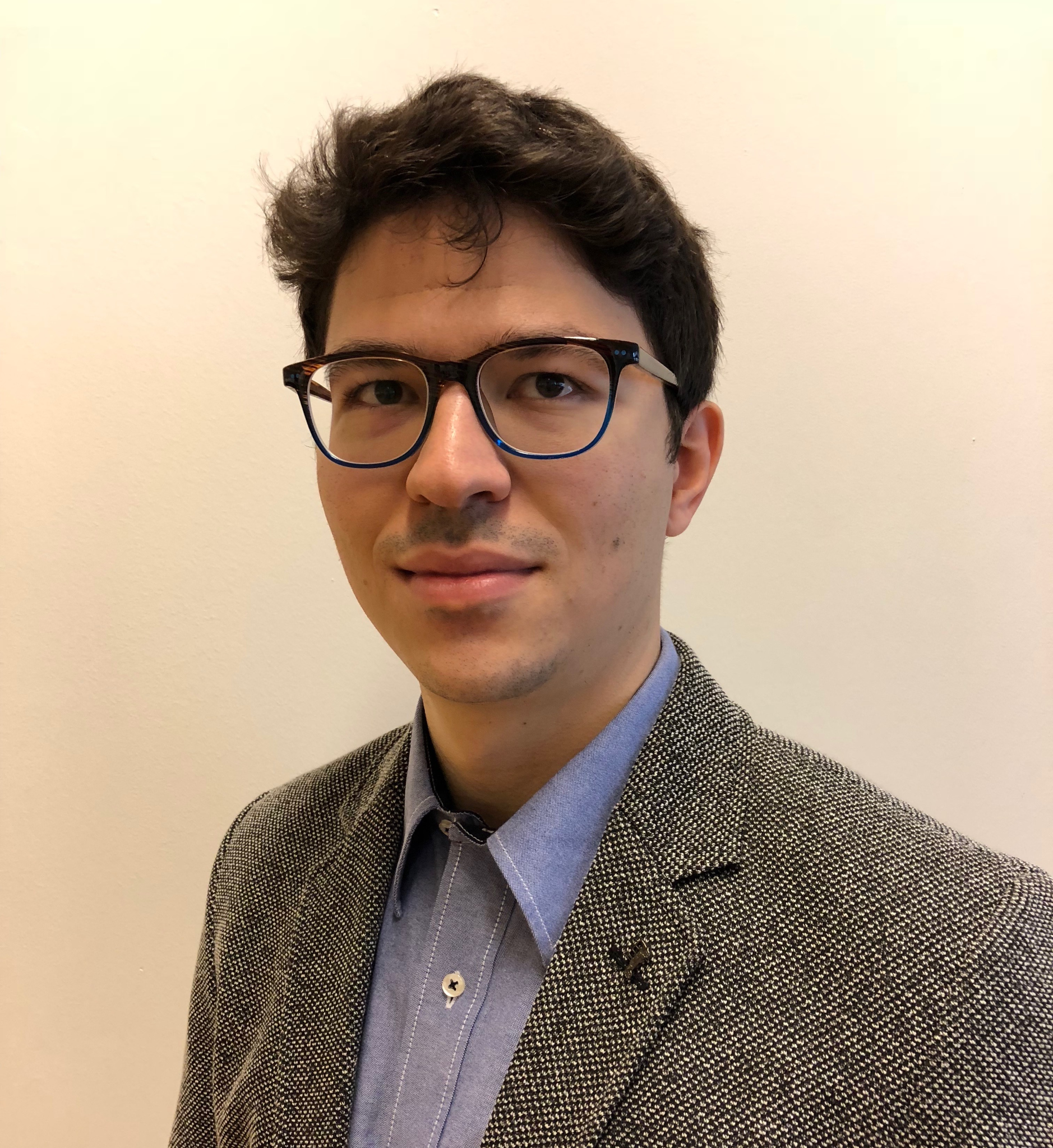 Alexandros Daglis | Assistant Professor, Georgia Tech
Alexandros Daglis | Assistant Professor, Georgia TechAlexandros (Alex) Daglis is an Assistant Professor of Computer Science at Georgia Tech. His research interests lie in the intersection of computer architecture and systems, with a particular focus on datacenters, rack-scale architectures, and network-compute co-design. Being passionate about student mentoring, Alex co-organized the Rising Stars in Computer Architecture (RISC-A) workshop in 2019 and the Young Architect (YArch) workshop in 2020 and 2021.
 Lena Olson | Software Engineer, Google
Lena Olson | Software Engineer, GoogleLena Olson works at Google on SNAP, a userspace networking stack. She received a PhD in 2016 from the University of Wisconsin-Madison, where her research focused on safely integrating third-party accelerators into the host memory system. She has been involved in mentorship since grad school, where she mentored undergraduates and co-organized a departmental mentoring program, and continues today at Google, mentoring interns and junior teammates. She also was a co-founder of the Undergraduate Mentoring Workshop (uArch) at ISCA 2019, and was a co-organizer in 2020 and 2021. Lena has also benefited greatly from being mentored, and continues to rely on mentors at Google and elsewhere.
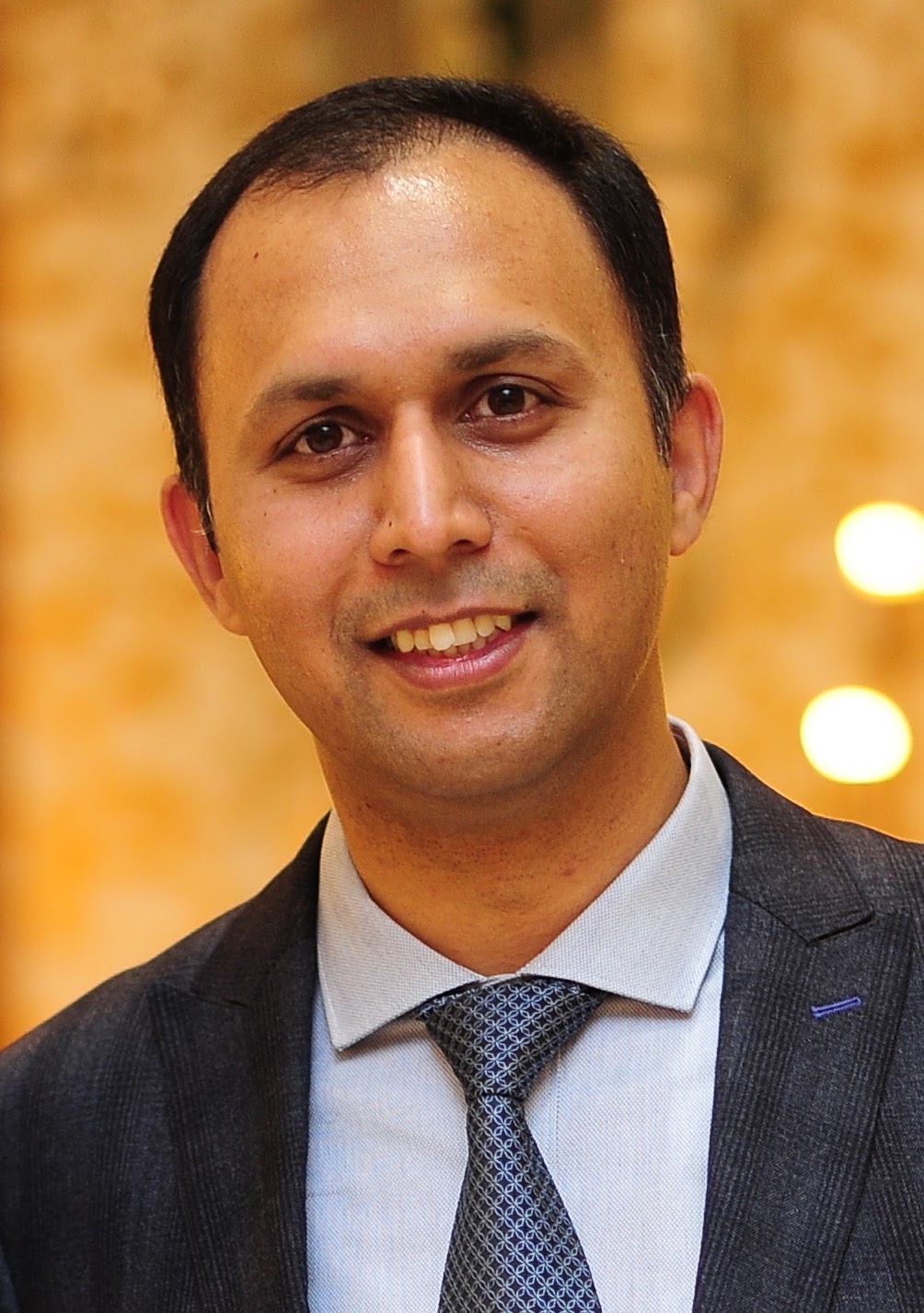 Muhammad Shahbaz | Assistant Professor, Purdue University
Muhammad Shahbaz | Assistant Professor, Purdue UniversityMuhammad Shahbaz is a Kevin C. and Suzanne L. Kahn New Frontiers Assistant Professor in Computer Science at Purdue University. His research focuses on the design and development of domain-specific abstractions, compilers, and architectures for emerging workloads (including machine learning and self-driving networks). Shahbaz received his Ph.D. and M.A. in Computer Science from Princeton University and B.E. in Computer Engineering from the National University of Sciences and Technology (NUST). Before joining Purdue, Shahbaz worked as a postdoc at Stanford University and a Research Assistant at Georgia Tech and the University of Cambridge. Shahbaz has built open-source systems, including Pisces, SDX, and NetFPGA-10G, that are widely used in industry and academia. He received the Facebook Research Award, ACM SOSR Systems Award, APNet Best Paper Award, Internet2 Innovation Award, and Outstanding Graduate Teaching Assistant Award. Moreover, Shahbaz has mentored several graduate students both within the US and overseas, including Stanford University, LUMS, and NUST. As a postdoc, he has also mentored undergraduate students under Stanford’s CURIS research program.
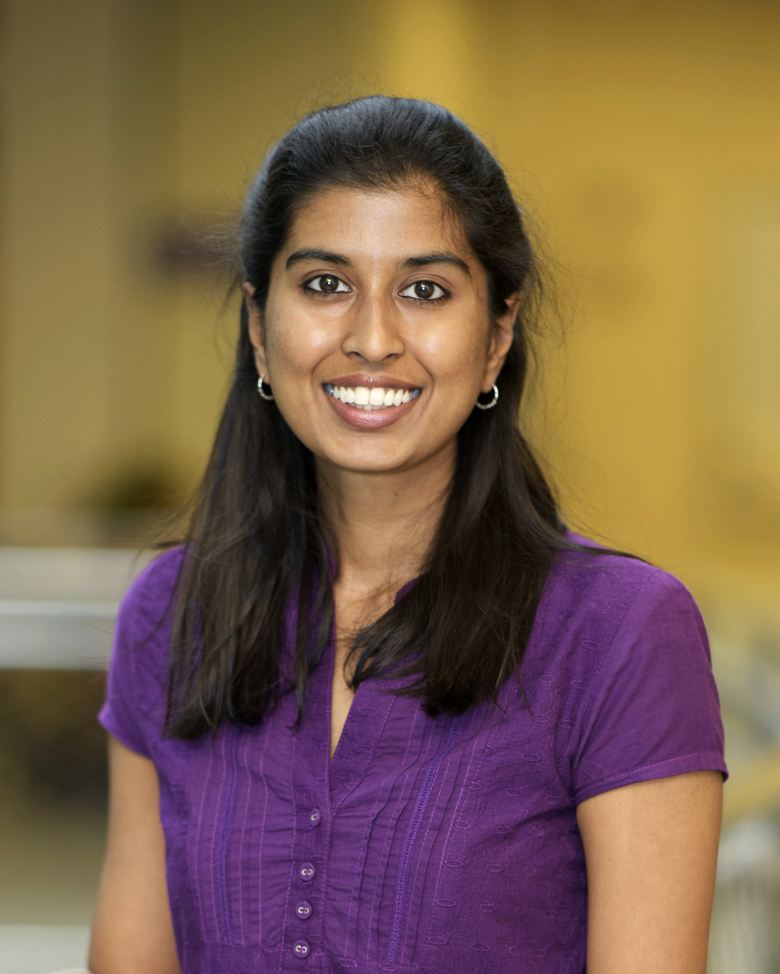 Akshitha Sriraman | Visiting Researcher, Google.
Akshitha Sriraman | Visiting Researcher, Google.Assistant Professor, Carnegie Mellon University (2022)
Akshitha Sriraman is a Visiting Researcher at Google in the Systems Research Group. She will start as an Assistant Professor in Electrical and Computer Engineering at Carnegie Mellon University in January 2022. Her research bridges computer architecture and software systems, demonstrating the importance of that bridge in realizing efficient hyperscale web services via solutions that span the systems stack. Her systems solutions to improve hardware efficiency have improved the performance of hyperscale web systems that serve billions of users, saving millions of dollars and meaningfully reducing the global carbon footprint. Additionally, her hardware design proposals have influenced Intel's Alder Lake+ CPU architectures. Sriraman's research has been recognized with an IEEE Micro Top Picks distinction. She was awarded a Facebook Fellowship, a Rackham Merit Ph.D. Fellowship, and a CIS Full-Tuition Scholarship. Sriraman completed her Ph.D. in Computer Science and Engineering at the University of Michigan. Over the past few years, she has been involved in a variety of mentorship initiatives such as the WICARCH mentorship program, YArch workshop, and JOBS workshop.
 Steven Swanson | Professor, UC San Diego
Steven Swanson | Professor, UC San DiegoSteven Swanson is a professor in the Department of Computer Science and Engineering at the University of California, San Diego and the director of the Non-volatile Systems Laboratory. His research interests include the systems, architecture, security, and reliability issues surrounding heterogeneous memory/storage systems, especially those that incorporate non-volatile, solid-state memories. He has received an NSF CAREER Award, Google Faculty Awards, a Facebook Faculty Award, and been a NetApp Faculty Fellow. He is a co-founder of the Non-Volatile Memories Workshop. He’s also the creator of mycsphd.org, a website devoted to providing good information about getting a Ph.D. in Computer Science.
Session 2
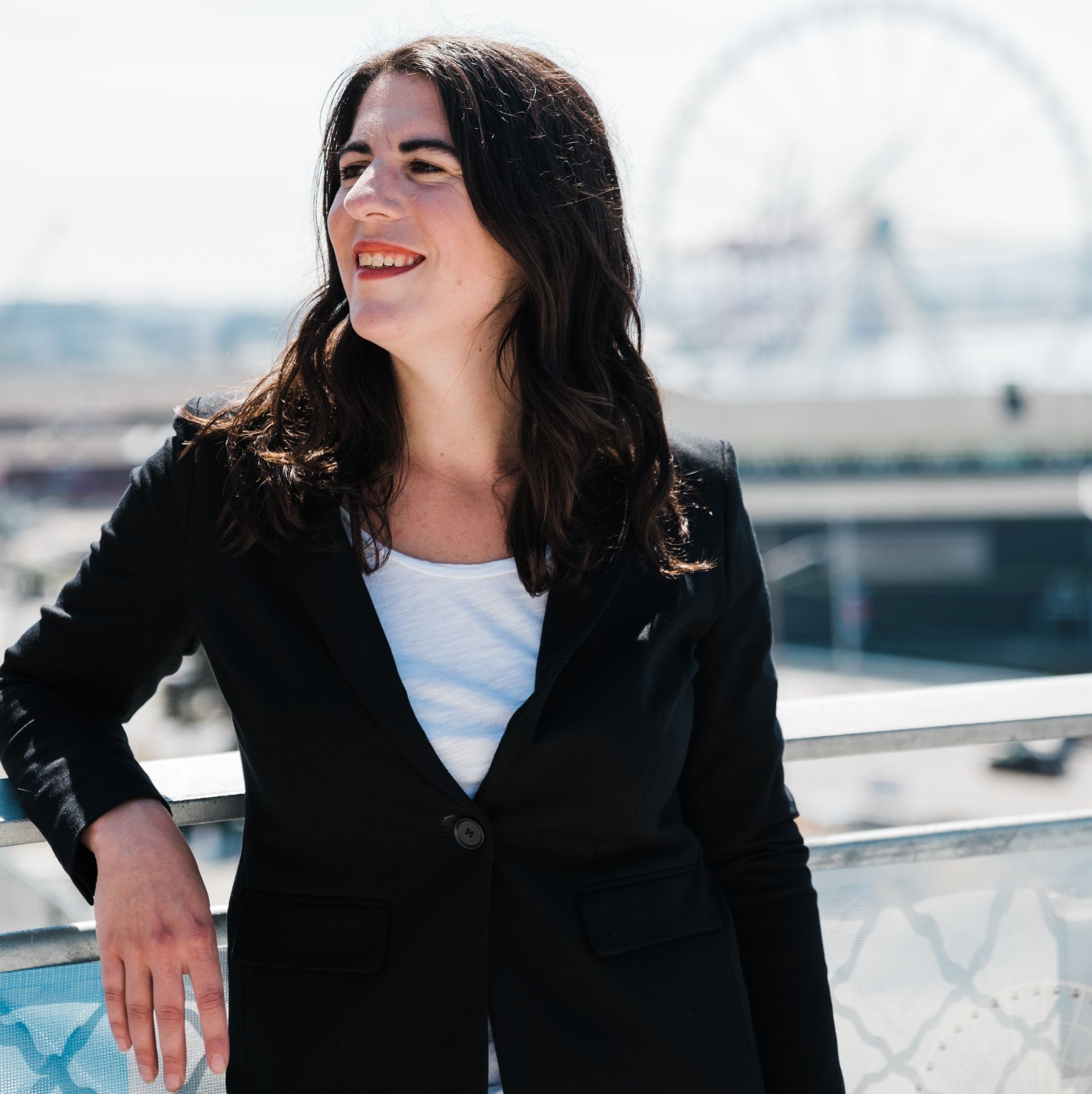 Talia Ringer | Assistant Professor, University of Illinois at Urbana-Champaign
Talia Ringer | Assistant Professor, University of Illinois at Urbana-ChampaignTalia Ringer is an Assistant Professor at the University of Illinois at Urbana-Champaign, where she builds technologies that make it easier to develop and maintain verified systems. She finished her PhD from the University of Washington in June 2021, and spent three years in industry at Amazon before graduate school. She is founder and chair of the SIGPLAN Long-Term Mentoring Program (SIGPLAN-M), which serves hundreds of mentees across dozens of countries. She has ten years of mentoring experience, and continues to mentor through SIGPLAN-M.
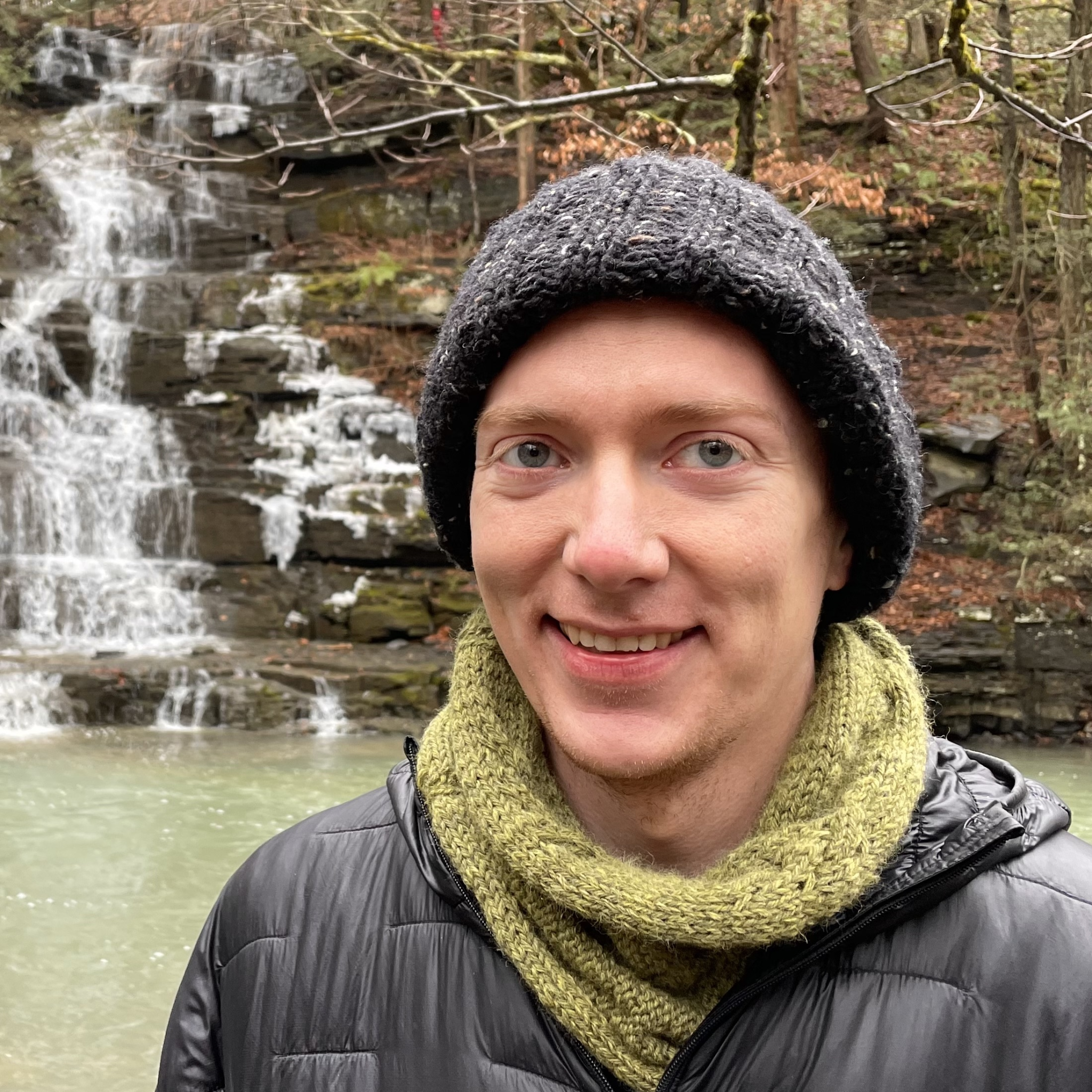 Adrian Sampson | Assistant Professor, Cornell University
Adrian Sampson | Assistant Professor, Cornell UniversityAdrian Sampson is an assistant professor in the computer science department at Cornell. He works on programming languages, computer architecture, and the abstractions that separate them. He previously worked on approximate computing, the idea that we should allow machines to expose errors to some kinds of applications as a trade-off for computational efficiency. He sees approximate computing as an instance of a broader breakdown of airtight distinctions between hardware and software concerns. Adrian co-chaired the Programming Languages Mentoring Workshop (PLMW) at PLDI 2020 and was a founding member of the operations team for SIGPLAN’s new long-term mentoring program (SIGPLAN-M). He moderated the “Demystifying Grad School” panel at the Young Architect Workshop (YArch) this year and has served on YArch’s program committee three times.
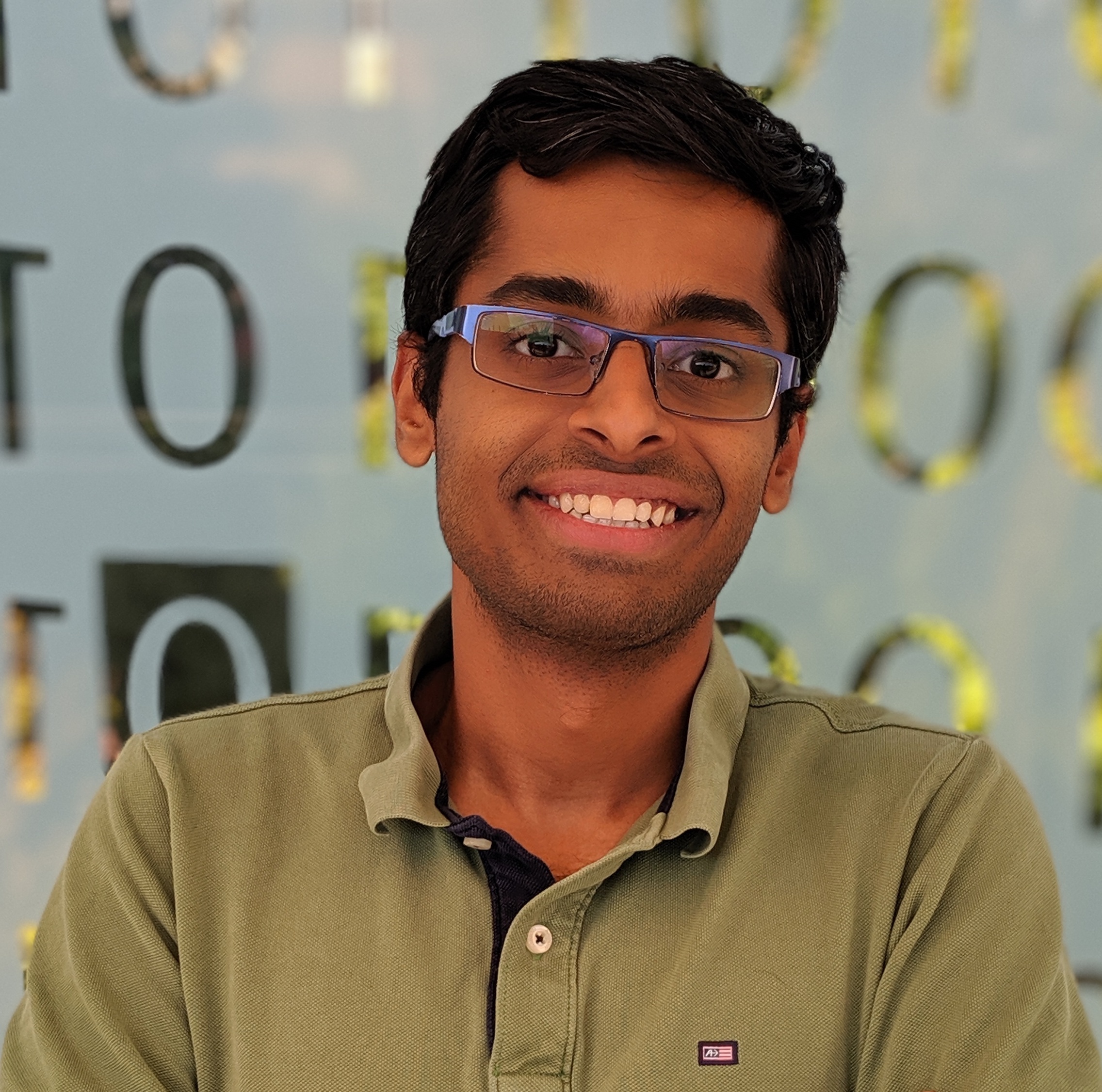 Gururaj Saileshwar | Ph.D. Student, Georgia Tech
Gururaj Saileshwar | Ph.D. Student, Georgia TechGururaj Saileshwar is a graduating Ph.D. student at Georgia Tech, Atlanta, USA, advised by Prof. Moinuddin Qureshi. His research is at the intersection of computer architecture and security, including topics like cache side-channels, transient execution attacks, memory integrity, and memory safety. Recently, Gururaj has helped co-organize Meet-A-Senior-Architect and Meet-A-Senior-Student with Joel Emer and CASA at several computer architecture conferences. He is also a part of the organizing committee for CALM which is initiating a long-term mentoring program in computer architecture.
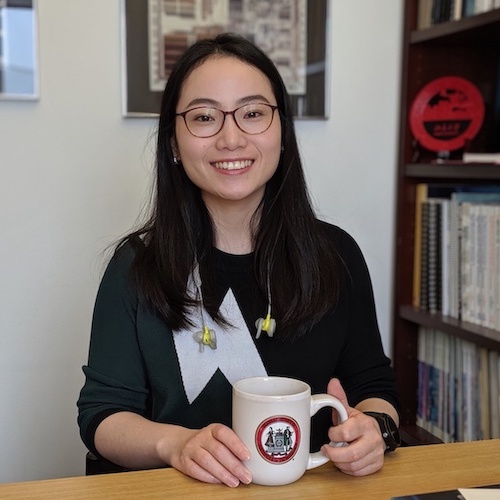 Mengjia Yan | Assistant Professor, MIT
Mengjia Yan is an assistant professor at MIT's Electrical Engineering
and Computer Science Department (MIT EECS) and a member of the
Computer Science and Artificial Intelligence Laboratory (CSAIL). Her
research interest lies in the areas of computer architecture and
security, with a focus on side-channel attacks and defenses. Her group
works on exploiting new micro-architectural vulnerabilities and
designing comprehensive and efficient defense mechanisms.
Mengjia Yan | Assistant Professor, MIT
Mengjia Yan is an assistant professor at MIT's Electrical Engineering
and Computer Science Department (MIT EECS) and a member of the
Computer Science and Artificial Intelligence Laboratory (CSAIL). Her
research interest lies in the areas of computer architecture and
security, with a focus on side-channel attacks and defenses. Her group
works on exploiting new micro-architectural vulnerabilities and
designing comprehensive and efficient defense mechanisms.Past mentorship experience:
- Co-organize Young Architect Workshop in 2021 (YArch)
- Participate in Meet-a-senior-architect as a mentor and also as a mentee when she was a graduate student
Introductory Speaker
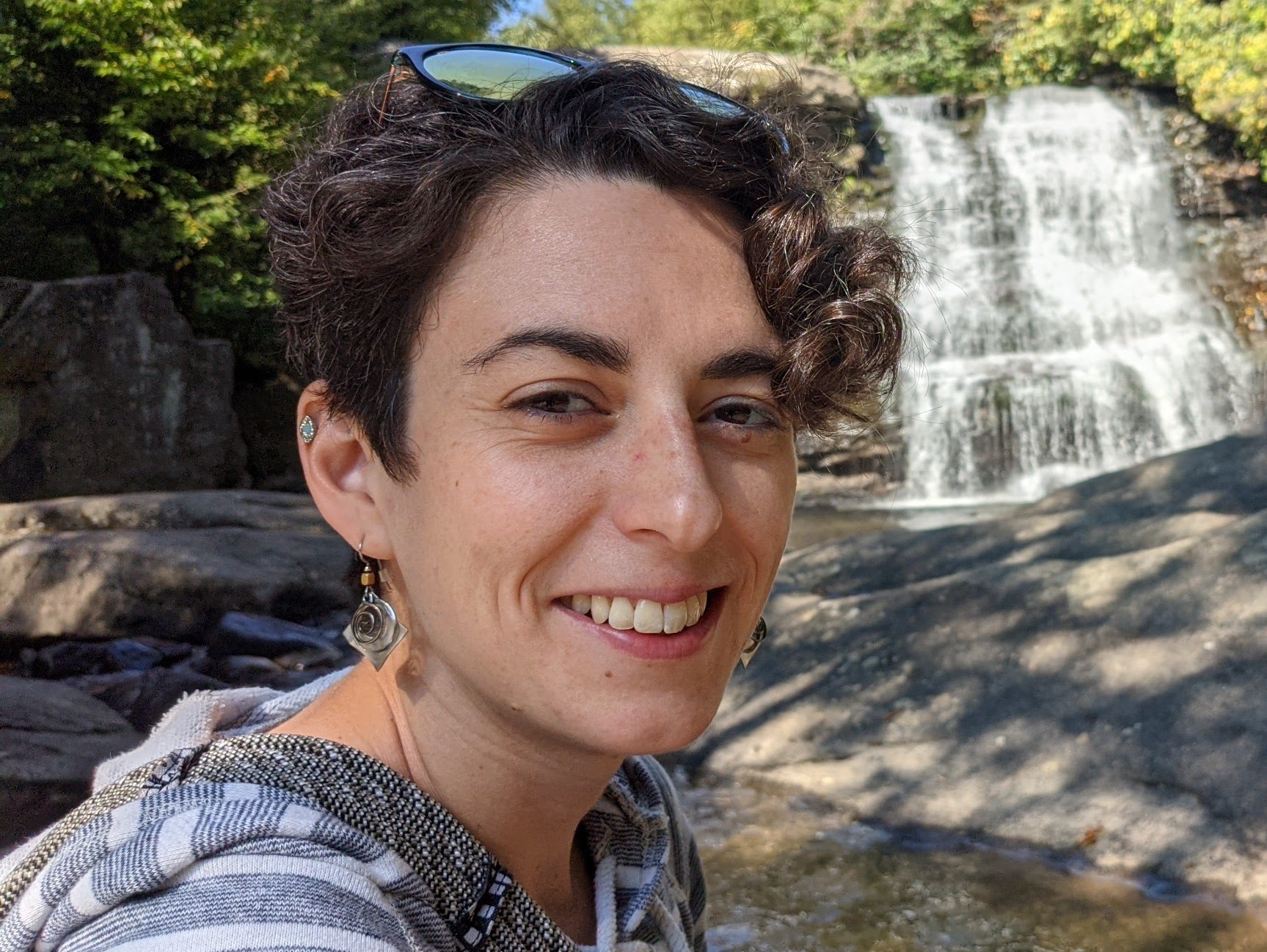 Emily Ruppel | Ph.D. Student, Carnegie Mellon University
Emily Ruppel | Ph.D. Student, Carnegie Mellon UniversityEmily Ruppel is a final-year Ph.D. student at Carnegie Mellon University advised by Brandon Lucia. She researches and builds batteryless, energy harvesting systems that perform perform computationally intensive tasks despite frequent power failures. Her recent work examines runtime software and programming models that allow batteryless devices to correctly interact with their physical environment. She is currently serving as co-chair of the CALM committee
Moderator
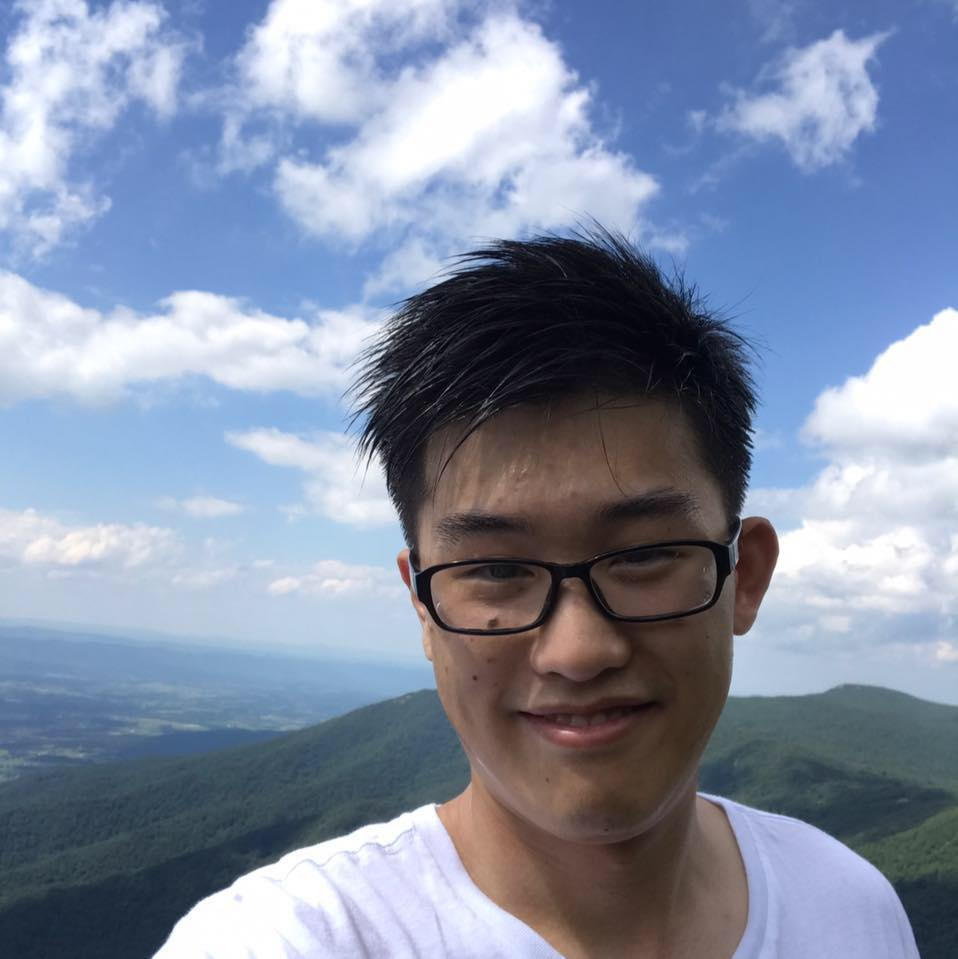 Sihang Liu | Ph.D. Student, University of Virginia
Sihang Liu | Ph.D. Student, University of VirginiaSihang Liu is a final-year Ph.D. student at the University of Virginia, working with Prof. Samira Khan. His research interest lies in computer systems and architecture. In particular, he is interested in software-hardware co-design for persistent memory, to make persistent memory systems robust, efficient, and secured. He is also broadly interested in other new and emerging systems, such as near-data processing and in-network processing. His research has been recognized as MICRO Top Picks Honorable Mention, and he is awarded the Google Fellowship. He has broadly participated in mentoring, from research mentoring for high school, undergraduate, and master’s students, and non-technical mentorship, including fellowship application, job hunting, and graduate school application. Currently, he is the co-chair of this computer architecture long-term mentorship (CALM) program.
Participation
Participating as a Mentee
Please complete this form to get involved as mentee. Again, we will not be matching a large number of mentees initially, but the CALM committee will keep in touch.
Participating as a Mentor
Please complete this form to get involved as a mentor. CALM mentors can be grad students, postdocs, professors, industry researchers or professionals in computer architecture.
Acknowledgements
Special thanks to Talia Ringer and the folks at SIGPLAN-M for sharing their experience establishing a long-term mentoring program.
